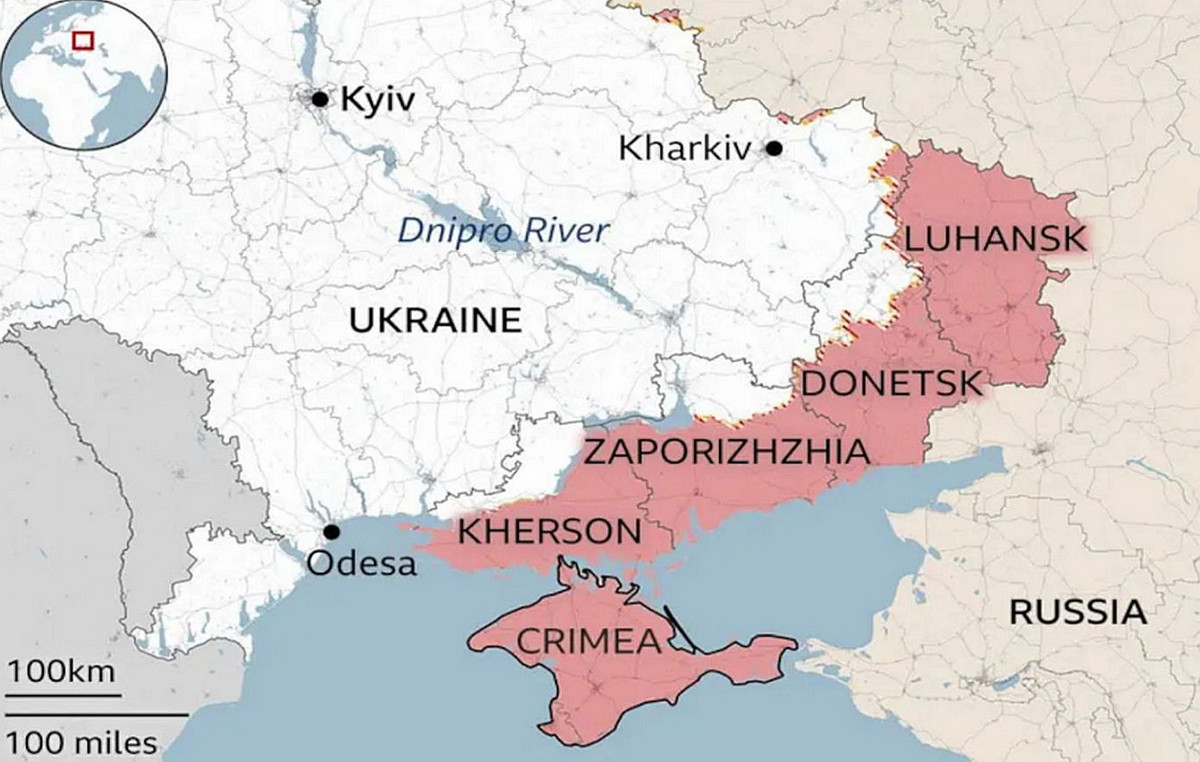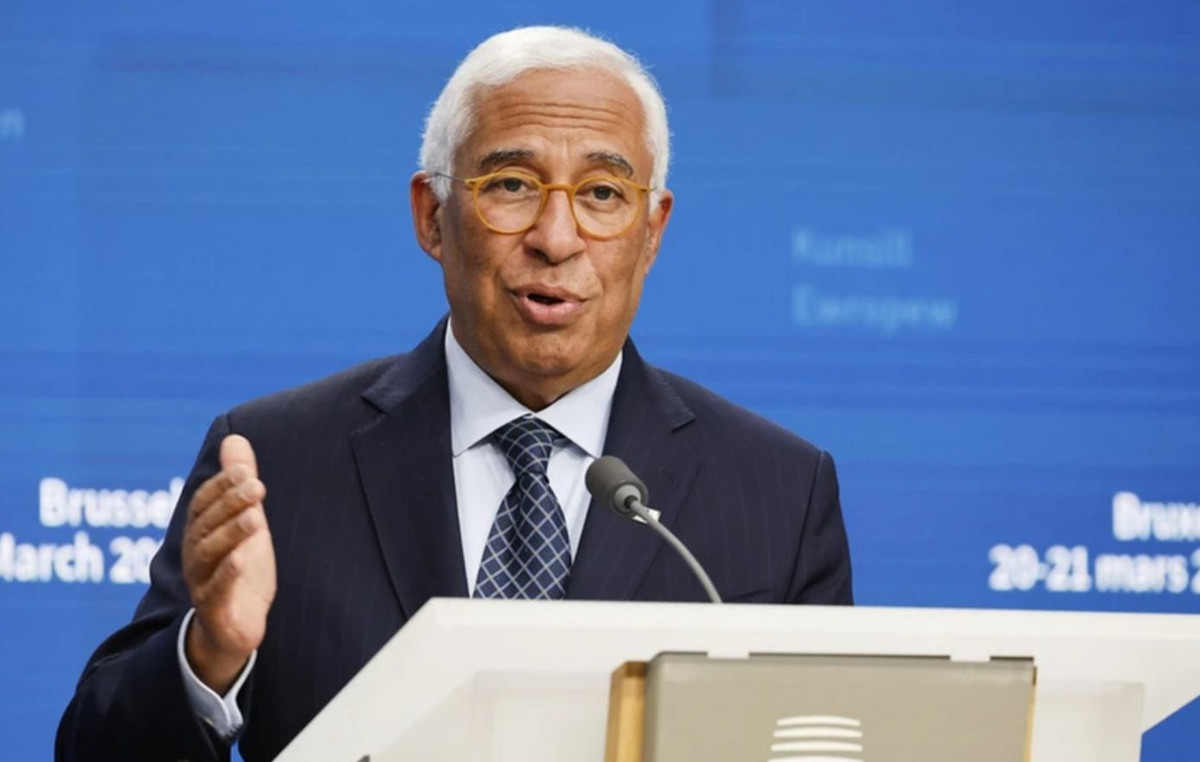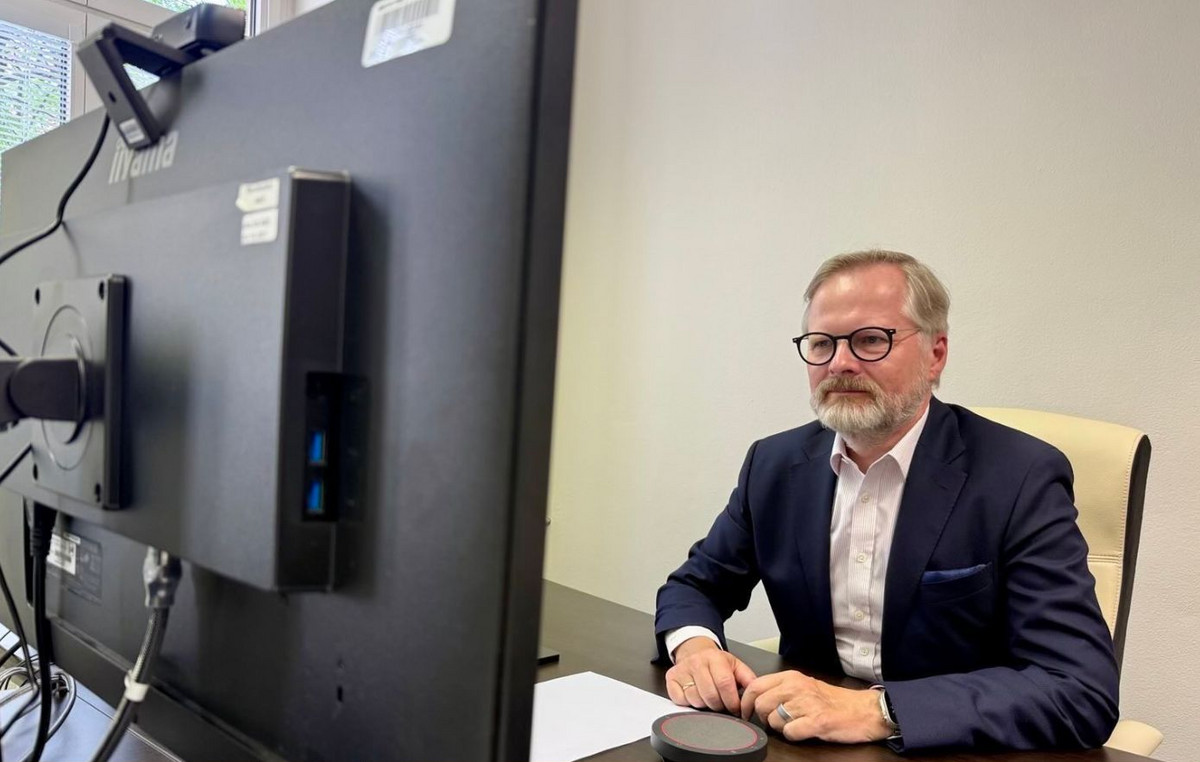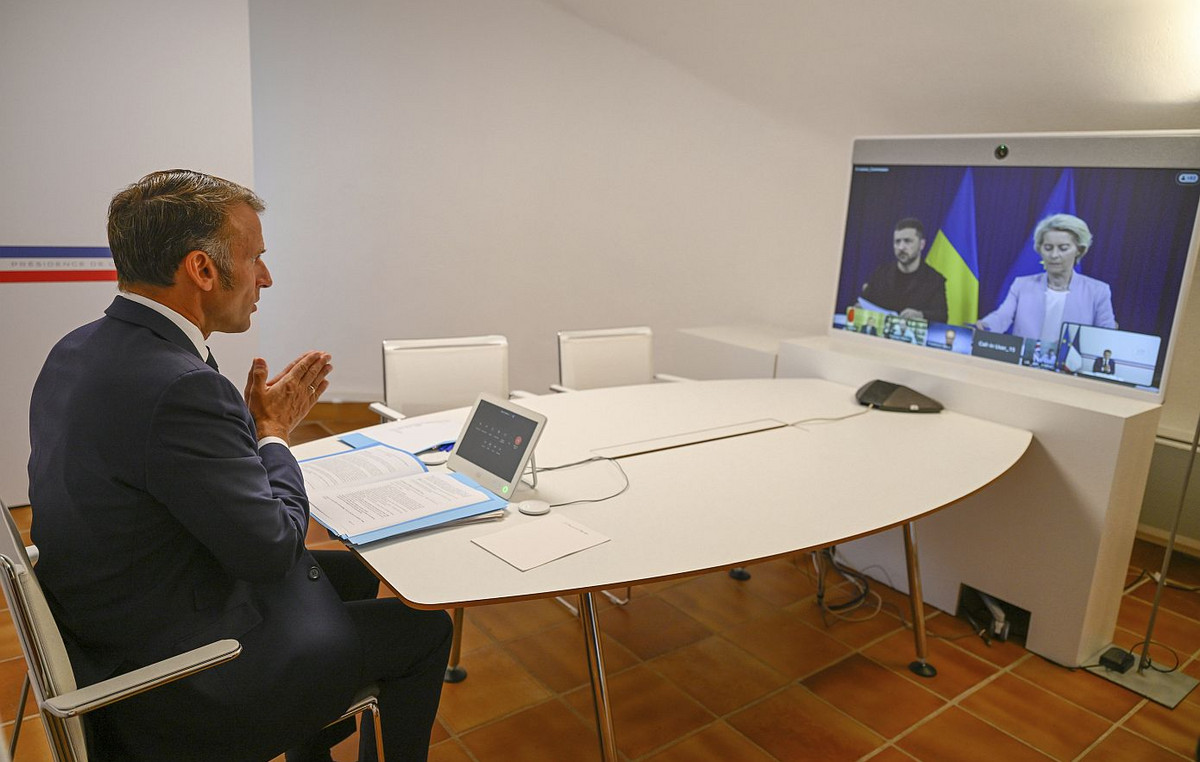Xi Jinping has had a very busy few weeks. Since late last month, the Chinese leader has hosted heads of state and government from Spain, Singapore, Malaysia, France and the European Union – an unusual pace of diplomatic activity that occurs when countries look to Beijing as the global economy falters after the pandemic and the war in Ukraine.
On Friday, that list grew to include Brazilian President Luiz Inacio Lula da Silva, who signs a series of bilateral deals with Xi — and, like several of the leaders before him, arrives hoping to make progress to end with Russia’s war in Ukraine.
But for Xi, this lineup of visiting leaders, who traveled even after China refused to condemn the Russian invasion, is also an opportunity to assert his vision of a global order not dictated by American rule — and to push back against perceived threats.
This is especially urgent for the Chinese leader right now, observers say.
Three years of reduced diplomacy due to tight Covid-19 controls in place in China, coupled with economic challenges, fierce competition with the United States and growing European concerns over Beijing’s foreign policy, have left Xi under pressure to act.
“(Chinese leaders) believe that now is the time for China to make its strategic plans,” said Li Mingjiang, associate professor of international relations at Nanyang Technological University in Singapore.
“A potentially good outcome is weakening American alliances […] that’s why we are seeing very strenuous efforts made by Beijing to try to stabilize and improve relations with European countries, and also to try to improve and strengthen cooperation with emerging economies,” he said.
causing disagreements
As world leaders return to Beijing despite international concerns about the growing China-Russia relationship and Beijing’s intimidation of Taiwan, Xi seized the opportunity to bring into their talks thinly-veiled criticism of the US and buzzwords that signal his own views. Xi on reshaping global power.
Speaking to Singapore’s Lee Hsien Loong late last month, Xi stressed that Asian countries together must “firmly oppose the intimidation, decoupling or cutting of industrial and supply chains”, while urging the Malaysian prime minister, Anwar Ibrahim, to “resolutely resist the Cold War mentality and block confrontation”.
He warned Spanish Prime Minister Pedro Sanchez that same day that the “solid development of China-European Union relations requires the EU to maintain strategic independence,” according to readings from the Chinese side.

Beijing has watched with unease as the war in Ukraine brings the US and its European allies closer together. Now, analysts say it is critical to emphasize their economic partnerships and explore the differences between countries on both sides of the Atlantic.
When French President Emmanuel Macron arrived in Beijing last week, Xi drew comparisons between China and France: both “important countries with a tradition of independence,” Xi said, and “firm advocates of a multipolar world” – or a world no dominant superpower.
After a day of meetings in Beijing, Xi met Macron in Guangzhou’s southern shopping center to continue an “informal” conversation – over tea and listening to the plucked melodies of traditional Chinese music before an official dinner.
Macron, who has long advocated for Europe to develop independent geopolitical policy and defense capabilities that need not rely on Washington, seemed receptive.
He released a 51-point joint statement with China outlining cooperation in areas from nuclear power to food security and told reporters traveling with him that when it comes to the US-China rivalry, Europe should not “get involved in crises that are not ours, which prevents it from building its strategic autonomy,” according to an interview with Politico.
Macron’s comments provoked a backlash in Europe and the United States, but analysts say they were likely seen as a triumph in Beijing.
“Anything that can weaken the US, divide the West and bring countries closer to China is good for Xi,” said Jean-Pierre Cabestan, professor of political science at the Baptist University of Hong Kong. “Therefore, Macron’s trip is seen in Beijing as a great victory.”
Lula’s return and support

Xi prepares for another potential diplomatic victory as he meets Lula on Friday.
The leftist Brazilian leader, who started a boom in China-Brazil trade relations during his first passage to power nearly two decades ago, is traveling with a delegation of businessmen, governors, deputies and ministers, and is expected to sign a series of bilateral agreements. , from agriculture and livestock to technology.
Lula’s return to power already changes the dynamics of the Brazil-China relationship, which experienced tense moments under the government of former leader Jair Bolsonaro, who embraced anti-China rhetoric.
Lula has already started his state visit in Shanghai with a nod to cooperation between Brazil and China, participating in the inauguration of former Brazilian president, Dilma Rousseff, as head of the New Development Bank of the BRICS, the bloc of emerging economies in Brazil, Russia , India, China and South Africa, which offer an alternative power pool to the West-centric G7.
“Xi will find in Lula an enthusiast for the BRICS, openness to reforms in the global governance system and the desire to avoid automatic alignment with the US,” said Luiza Duarte, a researcher at the Center for Latin American and Latino Studies at American University, in Washington.
Meanwhile, Lula’s much-anticipated warm welcome in Beijing “raises comparison with his frustrating less than 24-hour visit to Washington,” she said, referring to the Brazilian leader’s visit to the White House on Feb. 10.
The meeting was seen at the time as an important contact between the newly elected Lula and the US.
But Beijing can take advantage of the “lack of results” from that meeting “to position itself as a more appealing alternative for bilateral cooperation”, said Duarte.

Ukraine issue
Looming over diplomacy in Beijing is the Russian attack on Ukraine. Some leaders – like Macron – see Xi, a close friend and diplomatic partner of Russian President Vladimir Putin, as a potential ally who can help push Putin towards peace.
But their relationship has also raised concerns, with US officials warning earlier this year that China was considering providing lethal aid to the Kremlin – an allegation Beijing has denied.
While France and China agreed on several war-related points at their meeting — including opposing attacks on nuclear power plants and protecting women and children — Macron did not press Xi to commit on paper to any position that China has not yet have publicly said.
Brazil, before Lula’s trip, offered another vision: to create – as the country’s chancellor said – “a group of mediating countries”, including China.
But the way Beijing conducts these initiatives, observers say, boils down to an outcome that is integrally related to Xi’s global ambitions and worldview.
“It will be difficult for China to respond positively to some of the requests made by Americans or Europeans, because that would risk angering the Russians,” Li said in Singapore.

“Russia is the only major power that shares many of (China’s) views on how the world and the global system should be and how various political issues should be addressed. Russia is irreplaceable for China,” he said.
That point was highlighted elsewhere in Xi’s recent diplomatic agenda: his trip to Moscow in March for his own state visit – his first since assuming a third presidential term that same month.
And while China’s diplomacy – and deals – last week may not have been heavily impacted by the lens of that relationship, analysts say that Beijing’s handling of the conflict will continue to affect views of China globally.
Insights into Xi’s potential influence over Putin provided “leverage that allows (Xi) to get a lot of attention and perhaps get mileage and support that he otherwise wouldn’t have,” said Chong Ja Ian, an associate professor at the National University of Singapore.
“Ultimately the test will be whether Xi is really capable of exerting any real influence over Putin, especially in terms of ending the war,” he said.
*With information from CNN’s Tatiana Arias.
Source: CNN Brasil
Bruce Belcher is a seasoned author with over 5 years of experience in world news. He writes for online news websites and provides in-depth analysis on the world stock market. Bruce is known for his insightful perspectives and commitment to keeping the public informed.







